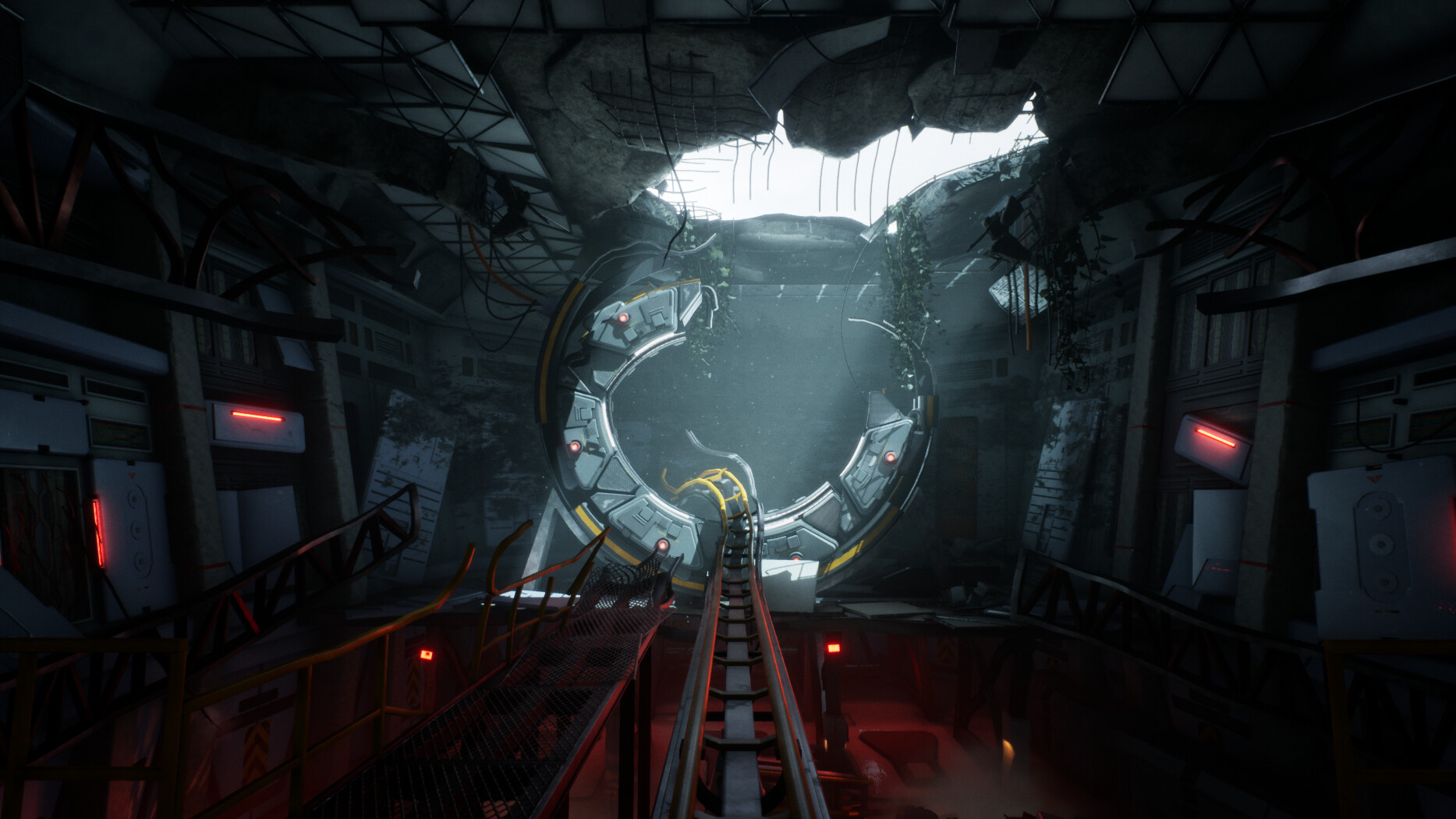Tell us a bit about yourself, who you are and where you are?
I’m Kain Do, an aspiring lighting artist from London, England. I recently graduated with a BA in the Art of Games Escape Studios. I’m currently working as a studio assistant for Escape while I look for opportunities to work as a lighting artist in the industry.

Explain your role as if I have zero knowledge about it?
As a studio assistant, I support tutors and students with classes and project work, but I’ve also had the opportunity to work on a couple film sets as an assistant as part of a project at Escape. So my role has me doing quite a variety of different tasks right now.

What is your most favourite thing with your role?
One of the great things about my current job is that I get to do a nice variety of different things, which keeps it refreshing. As much as I love sitting down at my desk and lighting in Unreal, it’s also very nice to be able to get out onto sets and work with actual cameras and lights. I recently had the opportunity to work on a Virtual Production shoot at the Epic Games’ Innovation Lab in London, which has an LED volume which was awesome to see, especially as a huge Mandalorian fan.

What was your educational and career journey into this role?
I studied photography and media when I was 16 as part of my A-Levels. I then decided to do a college course for Creative Media Production and Technology where I first got started with learning 3D amongst developing other creative skills. This is where I pretty much knew I’d want to work in either the Games or VFX industry.
I started studying the Art of Games at Escape in 2018. During my specialism module in my second year I chose lighting, as it was the subject most closely related to cinematography. In the past, I had always enjoyed doing the finishing touches and the rendering process, so that was also another contributing factor to my decision.
Once I graduated, I was given the opportunity to work as an online coordinator for the Summer of Unreal course. A pan-european four week bootcamp commissioned by Epic Games and produced by Escape Studios. After this I was taken aboard by Escape to work as a full-time Studio Assistant.

What software do you use most during your workflow and end result?
Currently, I am using UE4 and I generally try to do as much as I can do within the engine. However, I will often use Photoshop or some Windows tools to inspect different elements of a scene I’m trying to light. I’ve also been playing around a bit with UE5, as it’s new and very exciting stuff.

Do you want to provide some breakdown or information that is practical for one of your portfolio pieces?
My favourite project to work on was the ‘Singularity’ project https://www.artstation.com/artwork/zOrBwm. I really enjoyed this project, not only because of the outcome, but also because I had a great time working on it with the team I had.
This project was heavily inspired by Big Hero 6, so we looked at a lot of concept art from the film and Baiku to inform the environment’s design. I looked at the lighting of the portal room in the film to have a base and then adapted it from there to work better for a game environment, as well as introducing our own ideas after further experimentation and development. Some goals I set for myself before lighting were
- Clear separation of zones through use of colour
- Use of light shafts to highlight the hero asset
- Use of emissive materials and light functions alongside props and vfx to bring the scene to life
There isn’t anything super technical or complex with the lighting in this scene. It’s all static lighting, except for anything that needed to be light functions. For the exposure and directional light intensity, I used physical units, but for the level lighting I just used whatever values worked for me.

What is the value of feedback and critique?
Even though I’ve graduated, I will still always consider myself a student when there are so many super talented lighting artists that I look up to. This being said, feedback and criticism are invaluable to me and I’ve always turned to other artists for feedback on anything I’m working on so that I could improve or at the very least get other perspectives.

How to deal with multiple feedback and opposing views?
This has happened to me a lot during my studies, and I’m sure it’s going to happen more in the future. In the end, I just try to weigh out the different points of view and go with what I agree with more.
That’s it from me! Thank you Amit for giving me the opportunity to do this interview!

[learn_press_profile]
